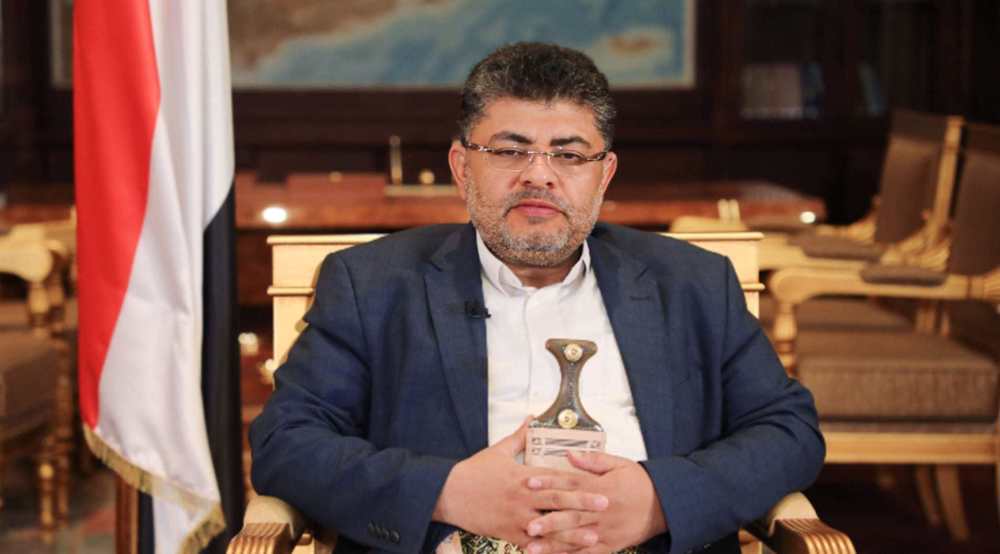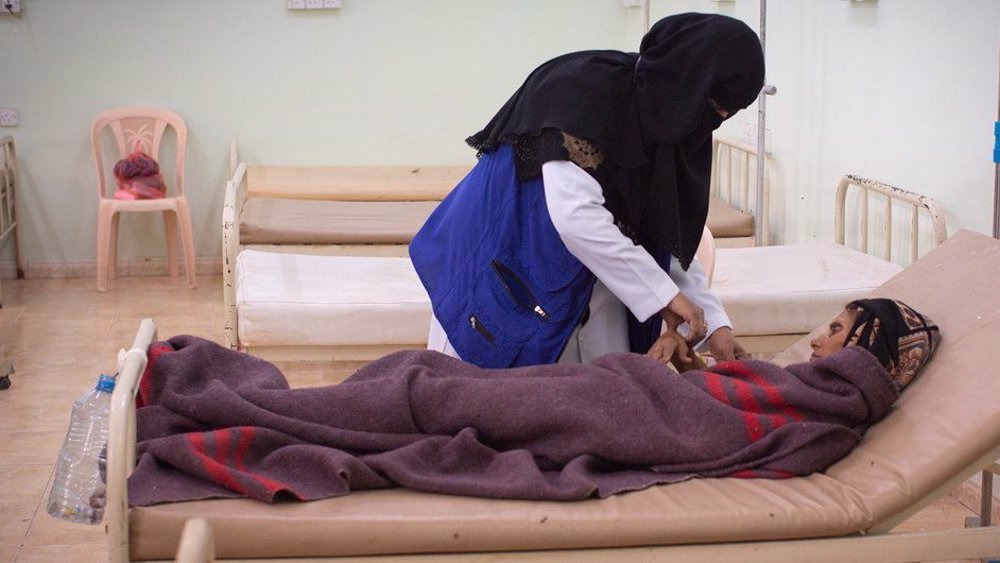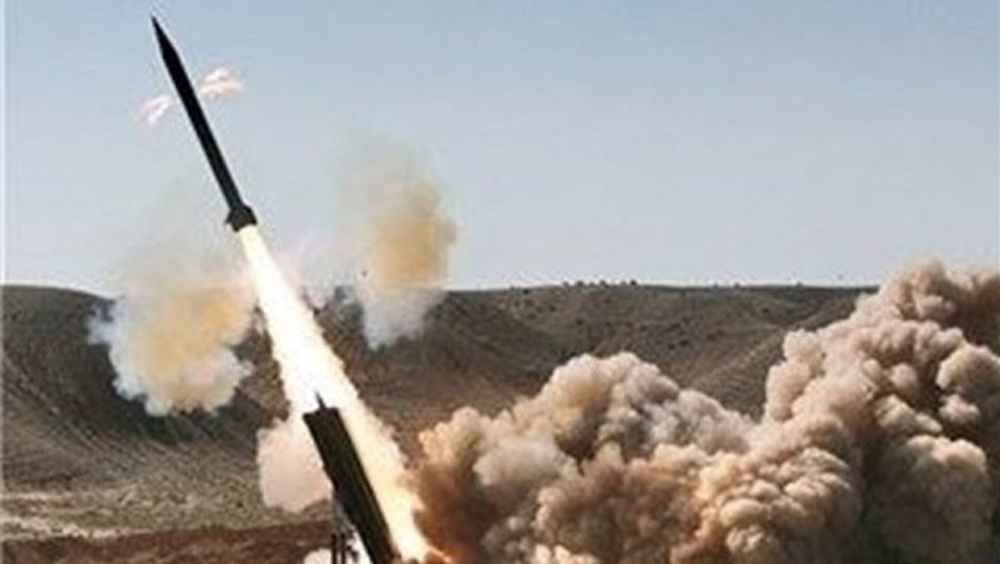Three Saudi troopers killed in Yemeni retaliatory attack
At least three Saudi soldiers have been killed by Yemeni forces in Saudi Arabia’s southwestern Asir region in an attack that came after a series of airstrikes.
Mohammad al-Amri, a Saudi military spokesman, wrote on his Twitter account that the soldiers had been killed on Wednesday in the town of al-Raboah, which fell into the hands of Yemeni forces earlier this week.
On Tuesday, Yemeni forces killed another Saudi soldier in the southwestern Saudi province of Jizan.
Saudi warplanes bombed several districts of the capital Sana’a overnight, Yemeni sources said on Thursday.
The kingdom launched its military campaign against Yemen in March in a bid to restore power the country’s fugitive former President Abd Rabbuh Mansur Hadi.
Some 8,300 people, including 2,236 children, have been killed and over 16,000 others injured since the attacks began. The strikes have also taken a heavy toll on the country’s infrastructure, destroying many hospitals, schools, and factories.

The UN Food and Agriculture Organization (FAO) warned of a “staggering” food crisis in Yemen, saying famine is looming as more than half the country’s population—some 14.4 million people—are food insecure.
“The economy shrank by 35 percent in 2015. People who used to have decent standards of living have become Yemen’s ‘new poor’ because with no electricity to power their business and no fuel to get anywhere, they have no way to earn money,” Mohammed al-Assadi, a UNICEF communication officer, told Reuters on Wednesday.
He also said 2.4 million people have been internally displaced in Yemen.
“In these conditions there’s no easy access to basic hygiene or healthcare, and now about 320,000 children under five years old are severely malnourished,” Assadi said.
Medical charity Doctors Without Borders (MSF) said earlier this month that people living near Shiara were too scared to stay in the town’s hospital after it was hit by a Saudi missile in January.
Most of residents in the of 40,000 people in the mountainous Razeh district of Yemen’s Sa’ada Province “are living in caves to shelter from the bombs,” said Teresa Sancristobal, the MSF’s head of emergency desk.
“Since the attack, there have been no deliveries in the maternity room—pregnant women are giving birth in caves rather than risk coming to the hospital.”
VIDEO | MEK trial in Tehran reveals heinous terrorist crimes
VIDEO | No Christmas in Gaza again
Iran condemns Israel’s brazen admission of Haniyeh murder
VIDEO | Conference in Islamabad explores Pakistan-Iran ties
Hamas condemns Israeli evacuation order of Indonesian Hospital
VIDEO | Yemen resistance remains resolute
'Easy target': Yemen warns 4th US carrier within reach
Iran military awarded $40 mln worth of vessel building contracts















 This makes it easy to access the Press TV website
This makes it easy to access the Press TV website